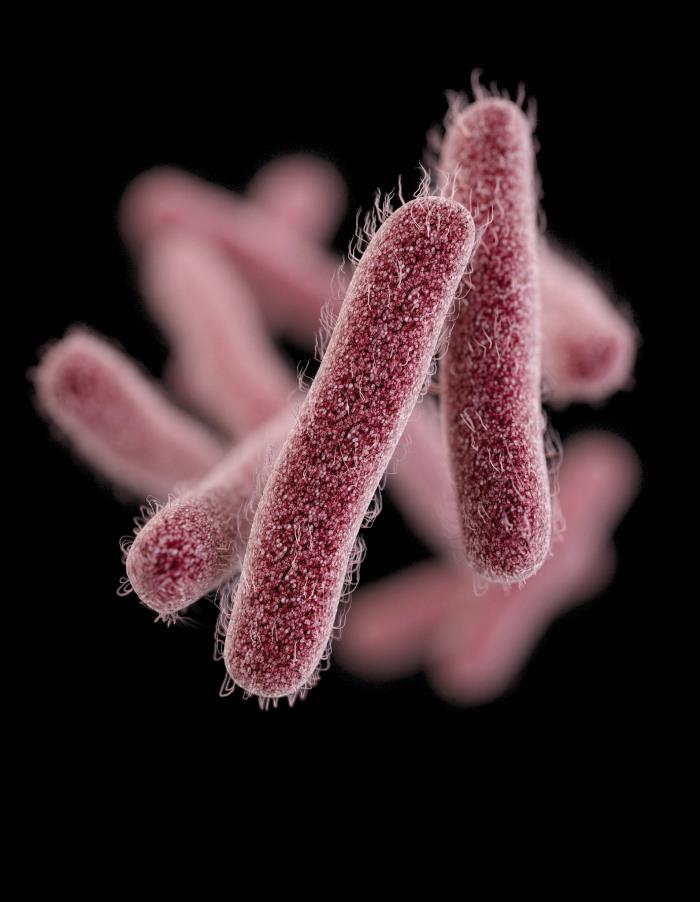The New York City Department of Health and Mental Hygiene are reporting Shigella isolates with decreased susceptibility to azithromycin (DSA) in men who have sex with men (MSM).

In addition, these isolates also display high levels of resistance to ampicillin and trimethoprim-sulfamethoxazole (TMP-SMX). Ciprofloxacin-resistance has also been reported among Shigella infections in NYC.
Health officials are instructing health care providers that only certain individuals at high risk for invasive disease should receive antibiotics. Clinicians should not prescribe antibiotics to patients with Shigella infection unless absolutely necessary.
Shigellosis is spread from person-to-person through the fecal-oral route. The bacteria can be transferred easily among children because of their poor hand washing habits and tendency to put things in their mouths. People can also become infected by consuming food or drinks prepared by an infected person or handling or cleaning up feces.
Because Shigella is resistant to gastric acid, a person can get infected with as little as 10 organisms.
Symptoms usually begin 24 to 72 hours after exposure and last about four to seven days without treatment; however, severe infections may require antibiotics.
Related:

